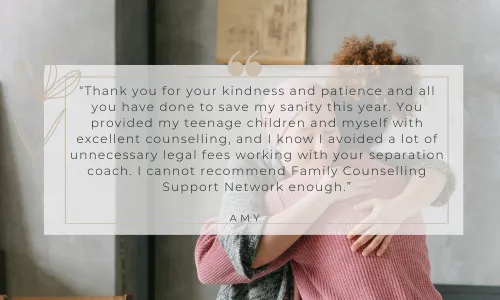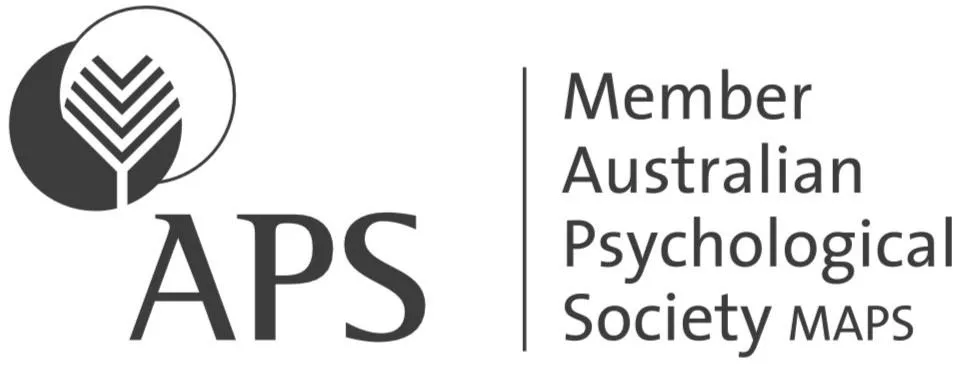BLOGS AND RESOURCES
We are here to help you on your journey. For more regular information, advice and details of upcoming events, please sign up to receive our free monthly newsletter.

Non judgmental listening
When you’re trying to be there for your friend, child, family member, neighbor or colleague, it’s important to maintain a positive attitude and open mind to truly be supportive. Here are some great tips to be an effective nonjudgmental listener for those around you.
1. Reflect on your own state of mind.
Before approaching someone with your concerns, it’s important to make sure you are in the right frame of mind to talk and listen without being judgmental. Reflect on your own state of mind to make sure you are feeling calm, open and ready to help your peer in need.
2. Adopt an attitude of acceptance, genuineness and empathy.
Adopting an attitude of acceptance means respecting the person’s feelings, personal values and experiences as valid, even if they are different from your own or you disagree with them. Taking time to imagine yourself in the other person’s place can help you be more genuine and empathic.
3. Use verbal skills to show that you’re listening.
Simple verbal skills can help you show the person that you’re actively listening. This includes asking questions, listening to tone of voice and nonverbal cues being used, using minimal prompts like “I see” and “ah” and not interrupting the person to give them time to express their thoughts and feelings.
4. Maintain positive body language.
Positive body language can show the person that you’re listening and truly care. This includes maintaining comfortable eye contact, sitting down instead of standing, sitting alongside and angled toward the person rather than directly opposite him or her and maintaining an open body position.
5. Recognize cultural differences.
If you are helping someone from a cultural background different from your own, you might need to adjust some verbal and nonverbal behaviors, such as the level of eye contact or amount of personal space. Be prepared to discuss what is culturally appropriate and realistic for the person or seek advice from someone from the same cultural background before engaging with him or her.
These tips are just a great place to start!
Client Testimonials



Questions about our
Services?
Medicare rebate or private medical insurance claim for psychological services?
Most clients prefer to book directly with with our counsellors. No referral is required to access this counselling service.
During the first session, you can discuss the benefits of seeking a Mental Health Care Plan from your GP should you wish to pursue this path moving forward and you are booking with a registered psychologist. If you require a Mental Health Care Plan (MHCP) you will need to make a long appointment with your GP and they will make an assessment about whether you are eligible.
All of our registered psychologists are registered with Medicare and you will need a referral from a GP if you wish to claim Medicare rebates. Under the Better Access program you can receive a partial rebate for up to 10 individual sessions in a calendar year.
All our psychologists are registered with private health insurance providers in Australia. If you have private health insurance, you may be eligible to claim rebates for psychological sessions. The level of cover and any applicable waiting periods vary between providers and depends on your extras cover policy.
To find out if you are eligible and/or how much funding you are entitled to claim for psychological sessions, please contact your private health insurance.
Where applicable, some of our psychologists also see clients who are self-managed or plan-managed through NDIS at the current rate for NDIS.
Cancellation or missed sessions policy
Given the nature of our support services, last minute cancellations are costly, and it means that other clients may miss out on receiving the required support. For cancellations within 48 hours of the scheduled appointment there is a $65 part fee payment. For less than 24 hours cancellation notice or a non-show, the full session fee will need to be charged. These fees are refunded however if the session can be filled at the last minute.
How are your counselling and coaching sessions held?
We know our clients are time poor. For your convenience, all our counselling or coaching sessions are now available online via Zoom.
You can book your appointment online via this website.
Zoom allows us to connect with you via video and audio. It just requires you to click on a link to join. You can sign up to Zoom to create a FREE account and download the Zoom Client for Meetings. Zoom does require internet connections.
After you book you will be sent a reminder about the booking and emailed a link to connect at the booked time. You are also likely to be sent a client information form to complete prior to your initial consultation to enable our Counsellors and Coaches to be better prepared for your first meeting.
If you are unable to make any of the dates available, please email us to see if we can accommodate an alternate time for you: [email protected]
If you live in Brisbane or the Gold Coast, Queensland, we are available for face to face consultations. Please email us at [email protected] if you would like to arrange an in person appointment.

Webinars - how they are received, transcripts and worksheets
Lorem ipsum dolor sit amet, consectetur adipisicing elit. Autem dolore, alias, numquam enim ab voluptate id quam harum ducimus cupiditate similique quisquam et deserunt, recusandae.

Catch up on our latest blogs

Non judgmental listening
When you’re trying to be there for your friend, child, family member, neighbor or colleague, it’s important to maintain a positive attitude and open mind to truly be supportive. Here are some great tips to be an effective nonjudgmental listener for those around you.
1. Reflect on your own state of mind.
Before approaching someone with your concerns, it’s important to make sure you are in the right frame of mind to talk and listen without being judgmental. Reflect on your own state of mind to make sure you are feeling calm, open and ready to help your peer in need.
2. Adopt an attitude of acceptance, genuineness and empathy.
Adopting an attitude of acceptance means respecting the person’s feelings, personal values and experiences as valid, even if they are different from your own or you disagree with them. Taking time to imagine yourself in the other person’s place can help you be more genuine and empathic.
3. Use verbal skills to show that you’re listening.
Simple verbal skills can help you show the person that you’re actively listening. This includes asking questions, listening to tone of voice and nonverbal cues being used, using minimal prompts like “I see” and “ah” and not interrupting the person to give them time to express their thoughts and feelings.
4. Maintain positive body language.
Positive body language can show the person that you’re listening and truly care. This includes maintaining comfortable eye contact, sitting down instead of standing, sitting alongside and angled toward the person rather than directly opposite him or her and maintaining an open body position.
5. Recognize cultural differences.
If you are helping someone from a cultural background different from your own, you might need to adjust some verbal and nonverbal behaviors, such as the level of eye contact or amount of personal space. Be prepared to discuss what is culturally appropriate and realistic for the person or seek advice from someone from the same cultural background before engaging with him or her.
These tips are just a great place to start!



We are committed to protecting your personal information and respecting your privacy. This website uses cookies to analyze website traffic and optimise your website experience. By accepting our use of cookies, your data will be aggregated with all other user data.
DISCLAIMER: The material contained on this website is for general educational and information purposes only and is not a substitute for professional legal, financial, medical or psychological advice or care. While every care has been taken in the information provided, no legal responsibility or liability is accepted, warranted or implied by the authors or Family Counselling Support Network and any liability is hereby expressly disclaimed. For specific advice please contact us at [email protected]. All information contained on the website remains the intellectual property of Family Counselling Support Network and is for your personal educational use only. The information must not be reproduced or distributed without the express permission of Family Counselling Support Network.
We are committed to providing an inclusive and accessible environment where people and communities of all identities and backgrounds are accepted, safe and celebrated.
Privacy Policy | Terms and Conditions
